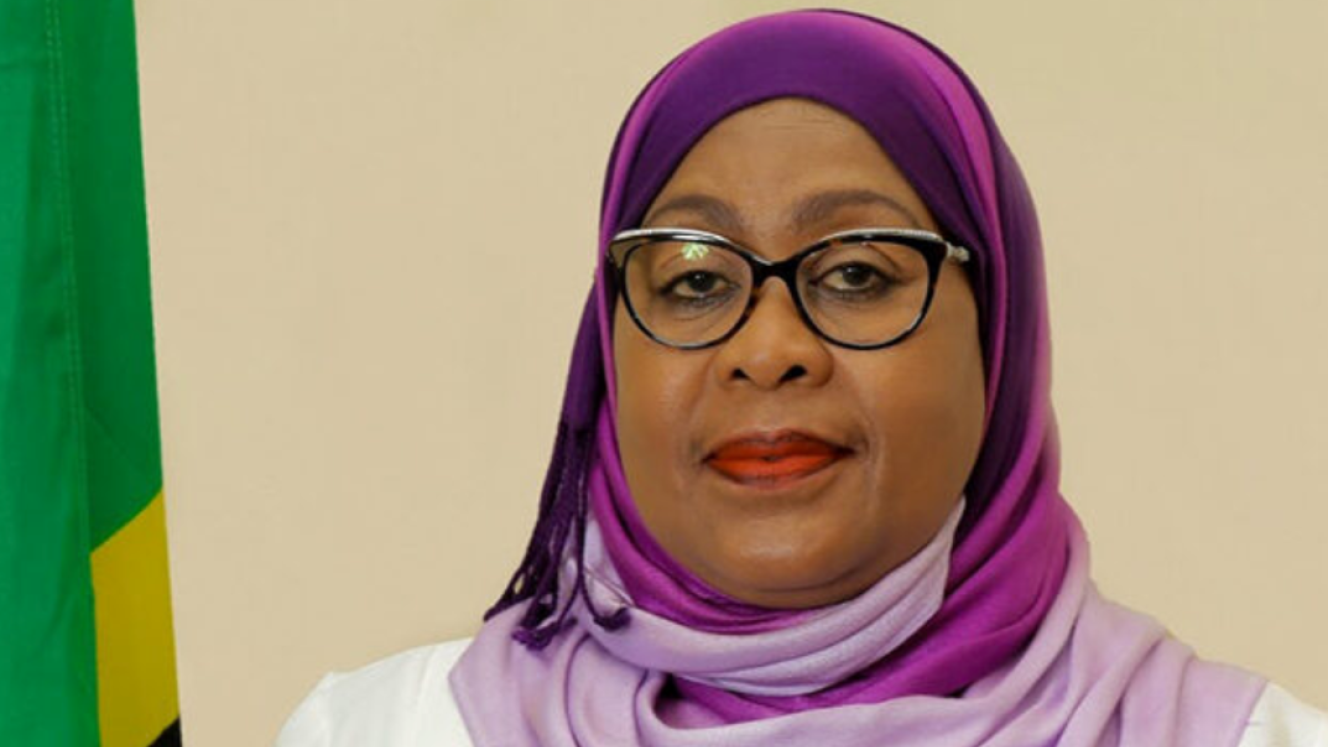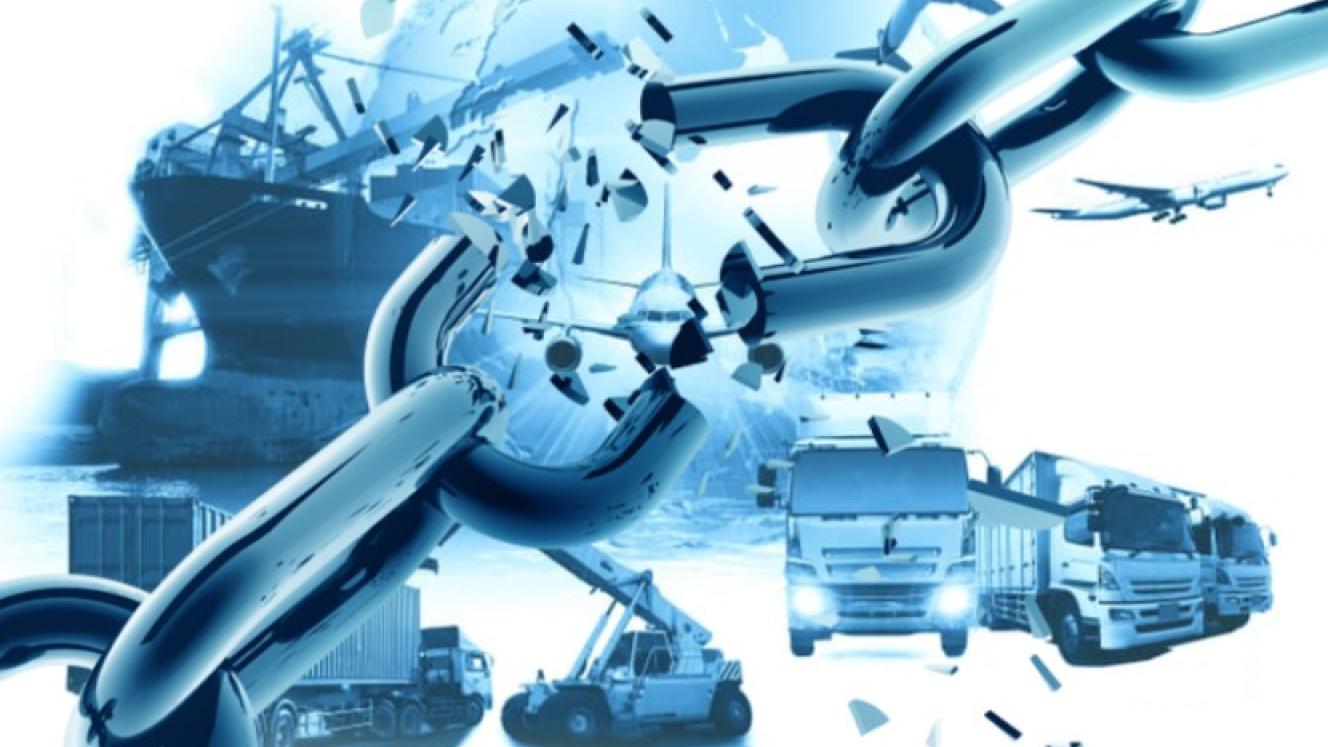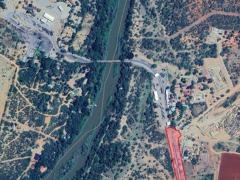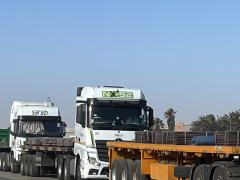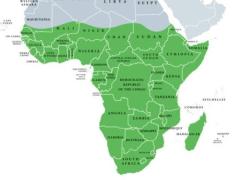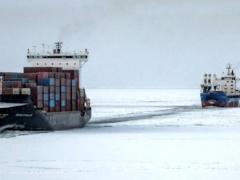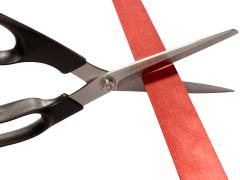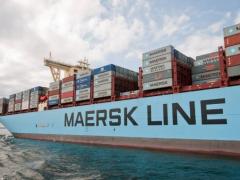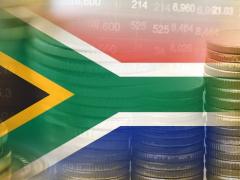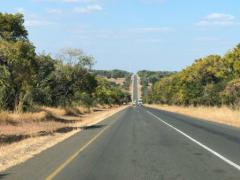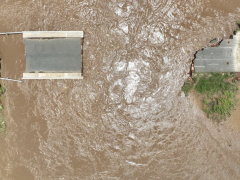Amid the climate, energy and geopolitical crises that have been raging for some years now, it is time the world looked to Africa for energy, Samia Suluhu Hassan, President of Tanzania, said at a session on “Repowering the World” at the 53rd World Economic Forum Annual Meeting.
“We have everything when we talk about green energy – cobalt, copper, nickel. You can extract and manufacture in Africa, provide energy to Africa, and take it to other countries,” Hassan said.
Making an appeal for greater private sector investment in Tanzania, Hassan said Africa needed a lot of energy as many Fourth Industrial Revolution technologies were being applied on the continent where much related manufacturing was also taking place.
“We want to build regional power pools in East Africa and southern Africa. If any region has a shortage, the other could supply it,” she said.
Instead of Europe, Japan or India pursuing unilateral policies, more concerted efforts were needed to tackle the energy crisis that was truly global in nature, she added.
CEO and chairman of the executive committee, Ilham Kadri, said it was imperative to create diversified supply chains of metals and rare earth elements such as lithium, cobalt, nickel and copper that are essential components of EV batteries and many other applications in the energy transition.
China has built rare earth value chains for decades, and to avoid a “Russian gas supply syndrome”, she said Europe and countries around the world must find diversified sources of these metals and minerals as well as localise battery assembly.
From reskilling workers to issuing permits, Europe needed policies that “get it done quicker”, Kadri said. The United States’ new Inflation Reduction Act (Ira), which offers funding and incentives to accelerate the clean energy transition, had raised fears in Europe of an investment drain, she said, adding that Europe must boost its competitiveness to prevent deindustrialisation.
Mark Rutte, Prime Minister of the Netherlands, said the Ira was an opportunity for Europe to cut bureaucratic red tape, which would unleash opportunities for innovation, new jobs and working together at a European scale, or else “real action will move to Asia and other parts of the world”.
Asked if Europe had been amiss in continuing to depend on cheap Russian gas for too long, Rutte said the continent could have cut this dependence sooner, but added that it was a collective failure, and not just Germany’s, as it was sometimes made out to be.
He said natural gas would continue to be used as a transition fuel in the short-to-medium term, but the direction was decidedly towards renewables, green hydrogen and even nuclear in the longer term.
“I would not be amazed if many more countries start to reinvest in nuclear,” he said, adding that Belgium would build two new nuclear reactions.
Keir Starmer, leader of the opposition in the UK, said his Labour Party supported the use of oil and gas during the energy transition but was against any new investments in fields in the North Sea or elsewhere.
“We have a strict target for 2030 for green power,” he said, referring to its target of having 60% renewables in the energy mix by 2030.
